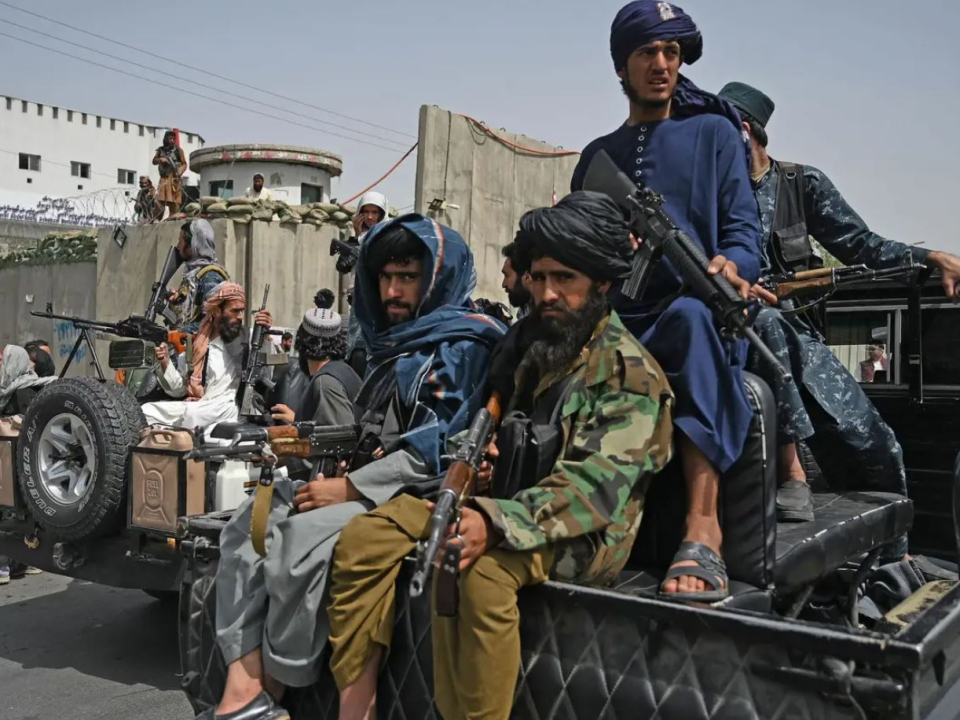In the wake of the Taliban's takeover of Afghanistan in August 2021, the United States has been at the forefront of providing substantial humanitarian aid to the war-torn nation, with the total sum reaching nearly $2 billion. Despite the noble intention of supporting the Afghan people in their time of need, concerns are escalating over the inevitable challenge of preventing the Taliban from exploiting these funds for their own gains.
Oversight officials, addressing U.S. lawmakers on Tuesday, underscored the complexity of the situation, emphasizing that ensuring the complete exclusion of the Taliban from benefitting from the financial aid is a formidable task. The unavoidable reality is that a portion of the funds allocated for humanitarian purposes is finding its way into the hands of the Taliban, thereby raising ethical and strategic dilemmas for the United States.
The two-decade-long U.S. occupation of Afghanistan has left a lasting impact on the nation, and as the humanitarian crisis deepens, calls for continued American assistance are growing louder. Advocates argue that the U.S. bears a moral responsibility to aid the Afghan people, given its prolonged involvement in the country's affairs. However, the intricate web of challenges, including the risk of funds inadvertently supporting the Taliban, poses a significant hurdle to the effectiveness of these aid efforts.
Critics argue that the situation underscores the need for a reevaluation of the United States' approach to providing aid in conflict zones. The delicate balance between extending assistance to those in need and preventing the inadvertent empowerment of militant groups calls for a nuanced and strategic approach. Lawmakers are now grappling with the question of how to reconcile the desire to support the Afghan people with the harsh reality that some of the aid is inadvertently aiding the very forces the U.S. sought to counter during its military presence in the region.
The evolving situation in Afghanistan raises broader questions about the efficacy of international aid distribution in regions where political instability and armed conflict persist. As the U.S. navigates the complexities of providing humanitarian aid to Afghanistan, policymakers face the challenge of striking a balance between fulfilling their moral obligation to the Afghan people and safeguarding against unintended consequences that may bolster the Taliban regime.
In the coming weeks and months, the Biden administration and Congress will likely face increasing pressure to reassess and potentially reconfigure their approach to humanitarian aid in Afghanistan, with an emphasis on finding innovative solutions to mitigate the risk of funds falling into the hands of the Taliban while continuing to address the urgent needs of the Afghan people.

















